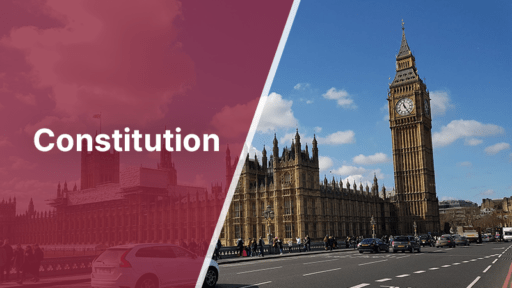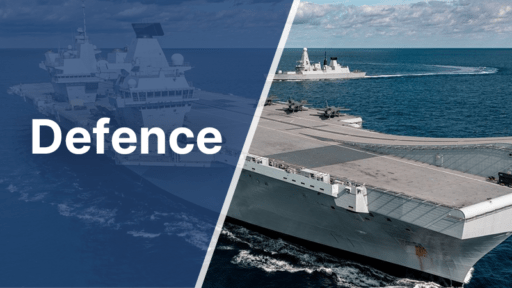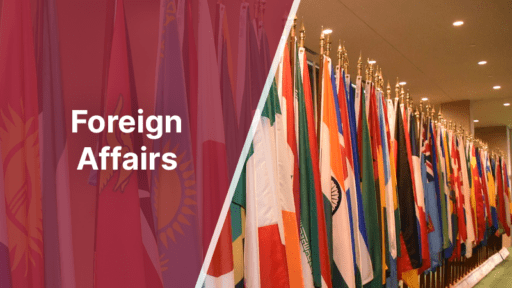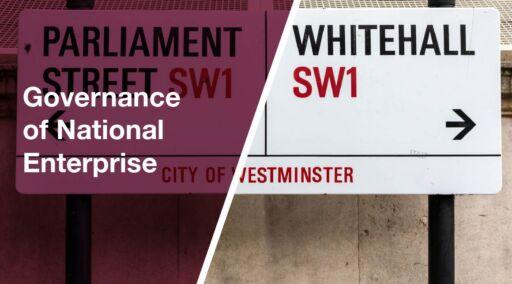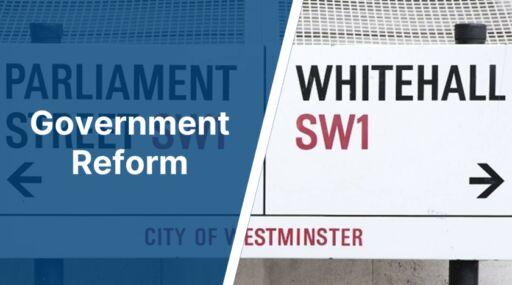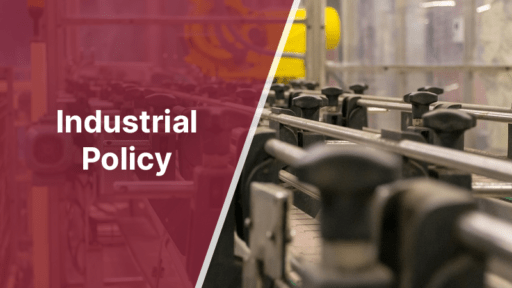POLICY PLEDGES:
-
The central structural target of trade policy shall be a reduction in the UK’s trade deficit. Progress and policies against this target will be assessed and adjusted annually.
-
The UK will continue to participate in the World Trade Organization (WTO), the Trans Pacific Partnership (TPP) and will respect state aid provisions within the Northern Ireland Protocol as well as the EU-UK Trade and Cooperation Agreement.
-
The UK will pursue bilateral trade deals when in the national interest. Trade and industrial policy will support domestic resilience to minimise over-reliance on extended global supply lines and products from hostile regimes and to promote environmental sustainability.
-
Trade protection for the UK’s strategic industries will legally but firmly applied under Article XXI of the General Agreement on Tariffs and Trade 1994. Trade and tariff policy will also be used to protect companies in strategically important sectors and to support companies in emerging sectors and technologies.
-
Unfair trade – involving imports made with slave or sweatshop labour or that which disregards animal welfare or environmental standards – will be subject to unilateral sanction via import tariffs, quotas or outright bans.
-
Tax-advantaged Free Ports will be established with a focus on manufacture for export. As with Special Economic Zones (SEZs), these will be allowed only if local democratic support is secured.




